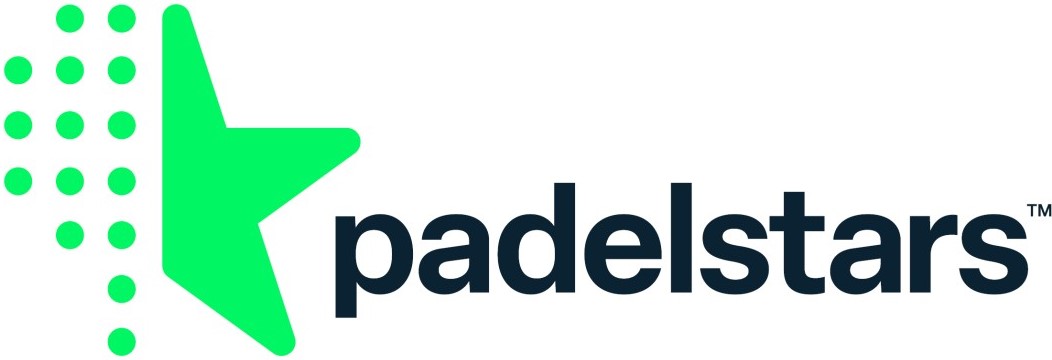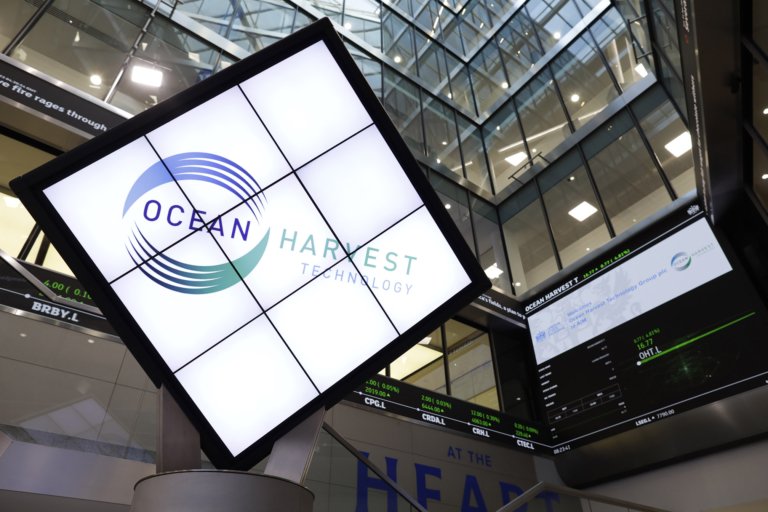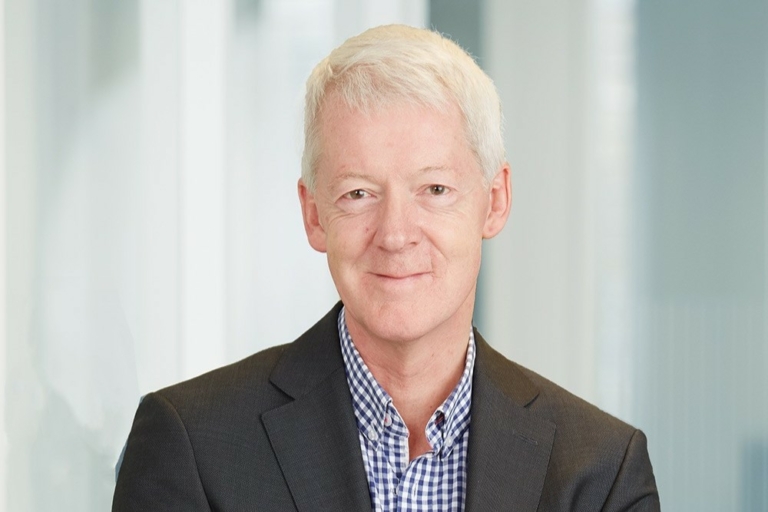South East space firms share in £13m boost to international projects

Organisations in Oxfordshire, Hampshire and Surrey are among those to have secured investment through the latest phase of the UK Space Agency’s International Bilateral Fund.
The fund supports the UK space sector to work directly with international partners on exciting and innovative projects.
It’s just made £13 million available to 11 projects across the UK – as announced at the 39th Space Symposium in Colorado Springs.
Andrew Griffith MP, minister for space, said: “The UK is home to some of the brightest minds in space science, aerospace engineering and an entrepreneurial commercial space sector.
“It’s no wonder the world wants to collaborate with Britain when it comes to space.
Read more - The Space Industrial Plan: Westminster’s strategy to advance the UK space sector
“I’m delighted that today we have been able to support new space collaborations with private organisations from countries like the US, Australia, Canada, India and Singapore.
“This is the second phase of investment awarded through the UK Space Agency’s £20 million International Bilateral Fund, following the first phase in August 2023.”
First up for the South East is Surrey Satellite Technologies (SSTL) in Guildford, which is leading a £1 million project to develop a system of actionable information on inland and coastal water quality.
The project will bring together space and water experts as they develop an innovative approach to assess and predict water quality and its impacts on ecosystems.
Along with RAL Space in Oxfordshire, SSTL is set to collaborate with UK partners Assimila, Pixalytics and the Centre for Environment, Fisheries and Aquaculture Science – plus Australia’s Commonwealth Scientific and Industrial Research Organisation, SmartSat CRC and Airbus’ Asia Pacific division.
RAL Space is also among the partners for a £1.5 million project headed up by London’s Iota Technology, as well as Oxford Space Systems and American firm Twinleaf LLC.
Together they’ll develop high-accuracy nanosatellite magnetometry, which will form the primary payload of the Io-1 CubeSat.
This in turn will support the World Magnetic Model – a standard model for navigation, attitude and heading referencing systems using the geomagnetic field.
Over in Hampshire, In-Space Missions has received £1.5 million towards its ongoing Faraday Dragon Rideshare Mission, the world’s first multi-agency Asia-Pacific regional rideshare satellite mission.
Also involved in the project is Oxford Space Systems, as well as emerging space-based organisations from Singapore, Taiwan, Philippines, Thailand and Vietnam.
And finally, the University of Southampton is leading a £1 million initiative to drive research into Hall-effect thrusters – used to propel Earth-orbiting satellites and deep-space robotic vehicles – with commercial development in mind.
They’ll be joined by Pulsar Fusion and Airbus Defence and Space in the UK, plus the University of Michigan and Starlight Engines in the US.
Dr Paul Bate, chief executive of the UK Space Agency, added: “We want to draw on the best global talent to push the boundaries of new technology such as AI and space nuclear power, enhance our homegrown space capabilities, and catalyse investment into the UK economy.
“The projects supported by our International Bilateral Fund champion the best of British innovation, while strengthening our ties with the wider space community.
“As further evidence of the success of the UK-Australia Space Bridge, the International Bilateral Fund has been bolstered by a co-funding commitment from the Australian Space Agency, worth AUS$3 million.”
Read more - UK Space Agency touches down at new Harwell Campus HQ













